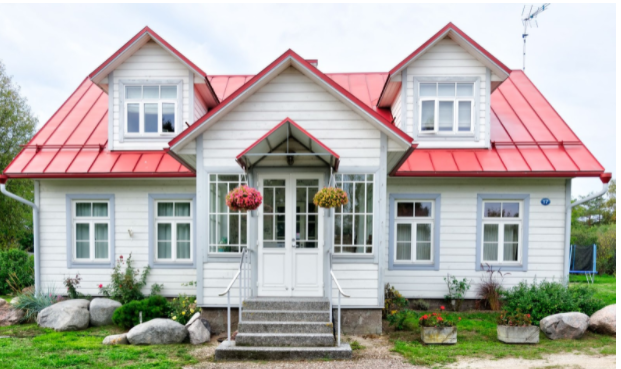New data from the S&P CoreLogic Case-Shiller 20-city home price index reveals that home prices in the United States surged by about 18.4% in October. The price of homes has surged for a variety of reasons, most of which are related in some way to the COVID-19 pandemic. According to this new data, the hottest housing markets in the United States were located in Phoenix, Tampa, and Miami.
While the price of housing doesn’t appear as if it will go down any time soon, analysts do suggest that prices will at least slow down in the new year. However, the overall prices will not decrease, on average, and instead will continue to go up.
Because of the ongoing pandemic that has changed how many live and work, it does appear as if the housing market will stay competitive. For many months now, there has only been a small inventory of homes for sale, as many people are looking to buy new homes or upsize. When the pandemic first started, there was a mass wave of Americans who moved from cities to suburbs, or who moved into bigger homes with offices to work from home in, or to help with children who were going to school from home.
In 2021, this movement slowed down slightly, especially as more people became fully vaccinated and began to think that life would get back to normal, somewhat. However, both the Delta variant and the Omicron variant have kept many people from returning to work in the office. This has, as a result, led to a continued flexible workplace where many people continue to work remotely, or from home.
Analysts now believe that more people will look to move to suburbs or upsize, once again, in another wave. However, this time, there are much fewer houses on the market than there was in 2020. There are also a lot fewer new homes being built, because of labor and material shortages, even though contracts for new homes continue to be signed.
As a result, it does appear as if the housing market will continue with a small inventory of homes up for sale. Homes will likely continue to increase slowly over time, according to analysts. This has kept many first-time homebuyers shut out of the market, and analysts, unfortunately, do not see this going away any time soon.
Meanwhile, mortgage rates actually fell, continuing low rates, which may have surprised some who thought high inflation would impact these rates. However, it does appear as if the credit markets are more concerned with the Omicron variant forcing economic growth to slow down in the new year, versus how high inflation may impact things.
Sales of previously owned homes continue to rise. Analysts assume this will also continue into the new year, especially because new homes being built continues to be slow. However, if these material shortages cease to be a factor — and many shortages have already stopped being an issue for homebuilders — then new homes could finally be built in a regular timeframe in the new year.







